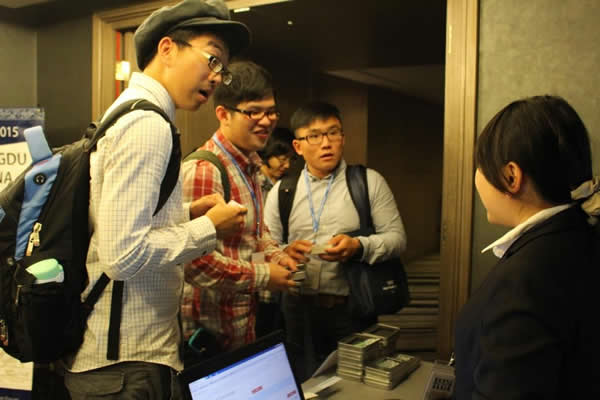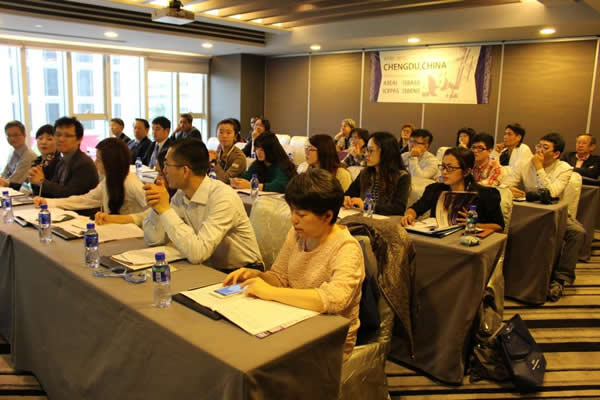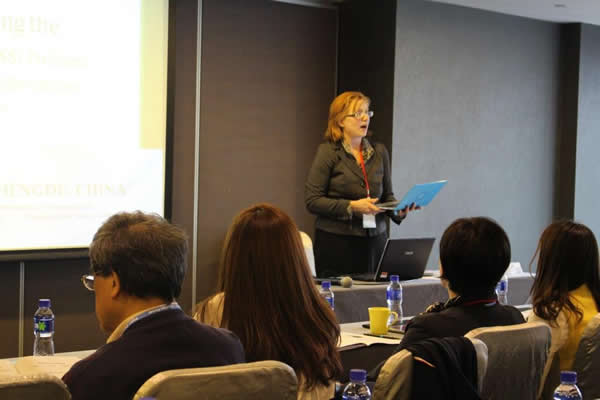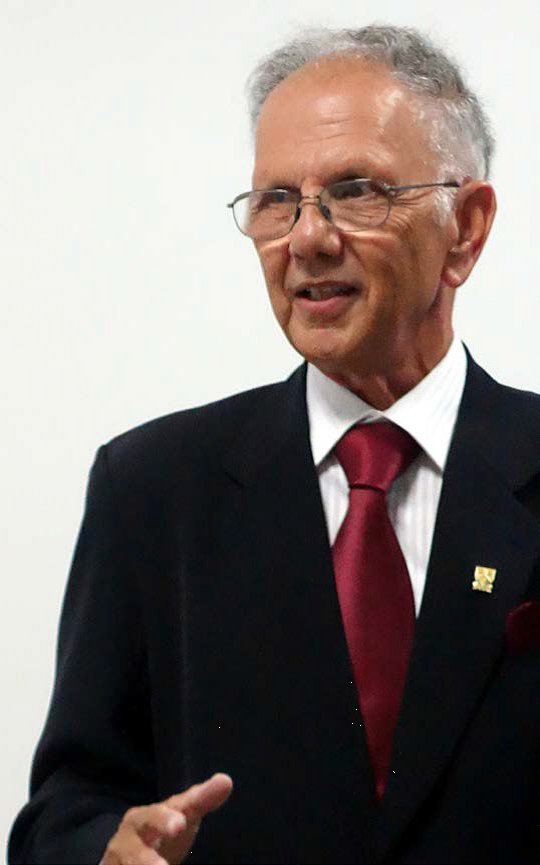The 3rd International Symposium on Biological Engineering and Natural Sciences
22-24 April, 2015 Chengdu, China
The 2015 International Symposium on Biological Engineering and Natural Sciences (ISBENS) will take place on 22nd-24th April 2015 in Chengdu, China. The aim of this symposium is to create a forum for academics, experts, researchers and postgraduate students to share their experience and to exchange novel ideas in the domain of biological engineering and natural sciences.
Keynote Speech
Topic: NATURAL SCIENCES, TECHNOLOGY AND INFORMATION: A NECESSARY MIX
Professor Vivian Louis Forbes
Guest Professor, CCITSMR and CIBOS, Wuhan University, China
ABSTRACT
Natural Sciences Technology (NST) is a framework within which most science subjects are taught at many universities. If a student wishes to study any of the biological and physical sciences, then such a course is essential. Graduates on completing a course in Natural Science Technology may continue with further study and research; either at many universities, in the chemical industry, pharmaceuticals, infection and immunology, biotechnology, environmental management or nanotechnology. Natural Sciences prepare students well for the challenges of research, especially in emerging interdisciplinary areas.
Natural Sciences students develop a range of skills that are highly valued by employers and they go into a wide range of careers, for example recent graduates include a maths teacher, a product development scientist, an investment banking analyst, and a management consultant. To compete successfully in today’s global economy, countries need to develop the potential of all of their citizens. They need to ensure that men and women develop the right skills and find opportunities to use them productively. Many countries are working towards achieving gender parity at the workplace and in access to jobs. In education, too, many countries have been successful in closing gender gaps in learning outcomes.
It can be argued that it is not about men and women doing similar work for different pay, but about men and women pursuing different careers. In particular, it is women are still severely under-represented in jobs related to natural science, technology, engineering, information systems and mathematics, which can be among the highest earning careers. The gender differences in self-confidence could be the key difference. Even though girls might achieve better academic results, there is still a reluctance to apply for jobs and of course, the family pressure issue enters into the debate.
This presentation will offer an insight into some of the many issues and highlight the combination of courses available that best suit students to achieve their tertiary education.




